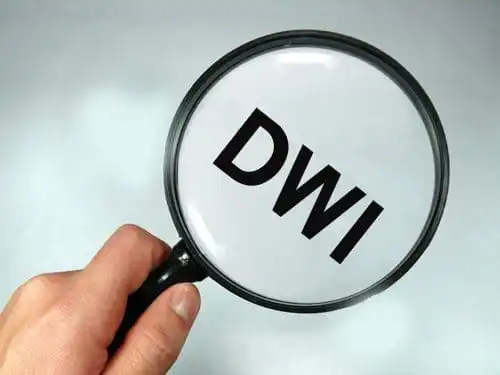Understanding DWI Assessments
DWI assessments are critical evaluations conducted to determine an individual's level of impairment due to alcohol or drugs. These assessments help legal professionals and courts understand the severity of the offense and the appropriate legal responses.
Typically, a DWI assessment includes a series of tests and interviews designed to gauge the individual's behavior, mental state, and history of substance use. The results can significantly impact sentencing, potential rehabilitation options, and future legal proceedings.
Legal Implications of DWI Charges
Facing DWI charges can lead to serious legal consequences, including fines, license suspension, and even jail time. Understanding these implications is crucial for anyone who has been charged, as it can help them navigate the legal system more effectively.
In Texas, penalties for DWI can vary based on factors such as prior offenses and blood alcohol concentration (BAC) at the time of arrest. Individuals may also be eligible for alternative sentencing options, such as probation or community service, depending on their circumstances.
Steps to Take After a DWI Arrest
After being arrested for a DWI, it's essential to take specific steps to protect your rights and prepare for the legal process ahead. This includes seeking legal representation, understanding your charges, and exploring your options for defense.
Engaging with a knowledgeable DWI attorney can provide valuable guidance on how to approach your case, including potential plea deals, trial preparations, and understanding the implications of the assessment results on your case.
Common Defenses Against DWI Charges
There are several common defenses that individuals may use against DWI charges, which can significantly influence the outcome of their cases. These defenses often focus on the legality of the traffic stop, the accuracy of field sobriety tests, and the reliability of breathalyzer results.
For instance, if an attorney can demonstrate that the arresting officer did not have probable cause to stop the vehicle, or that the breathalyzer was improperly calibrated, it may lead to a dismissal of charges or a reduction in penalties.

